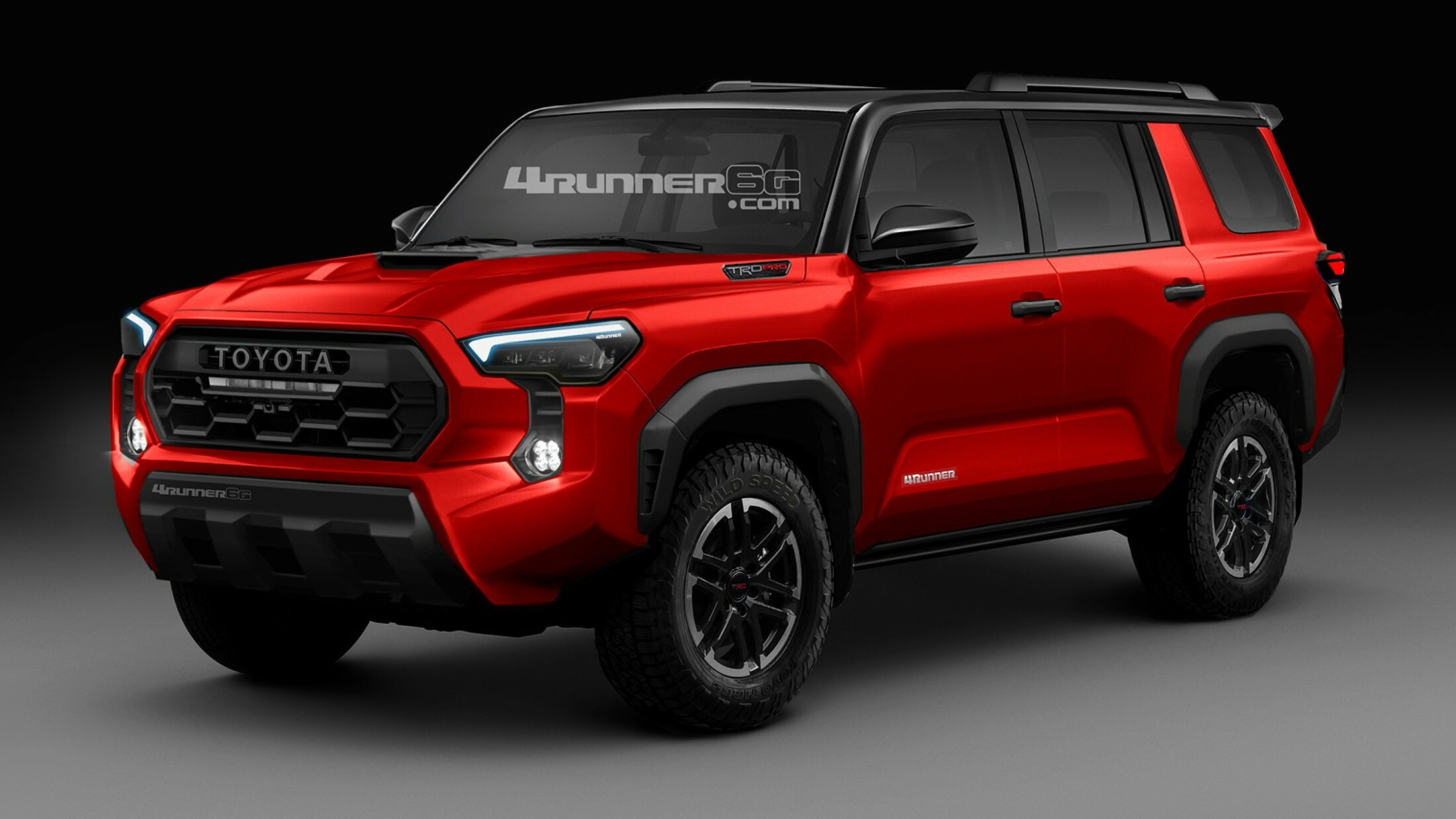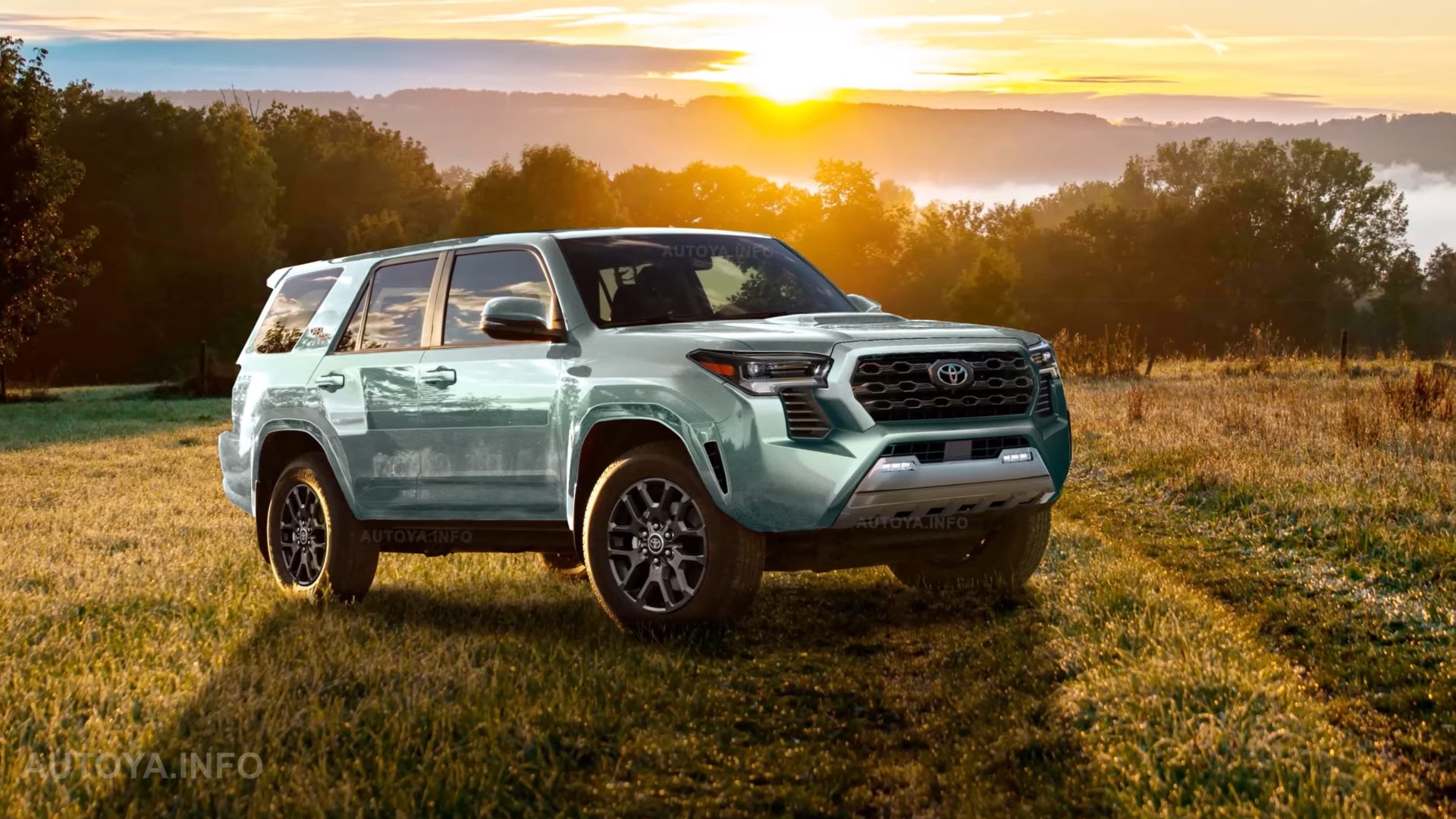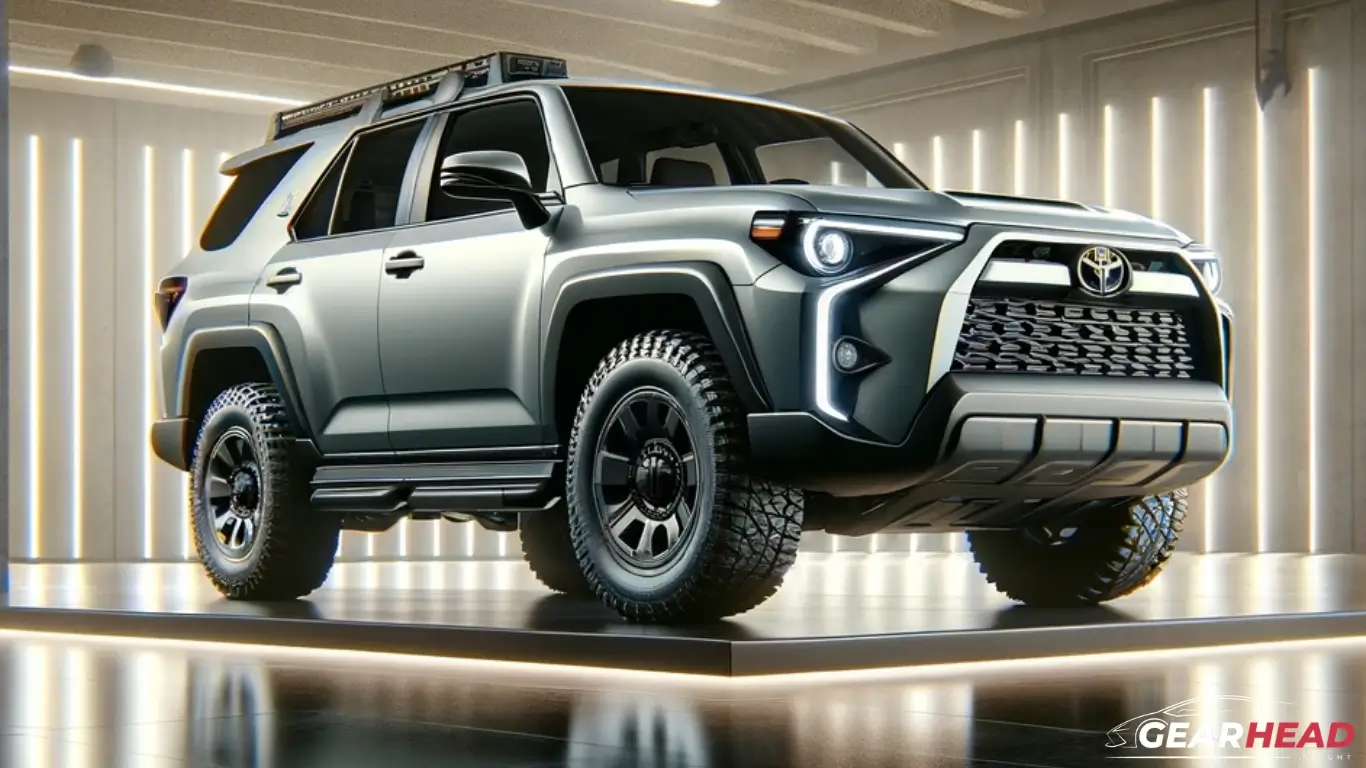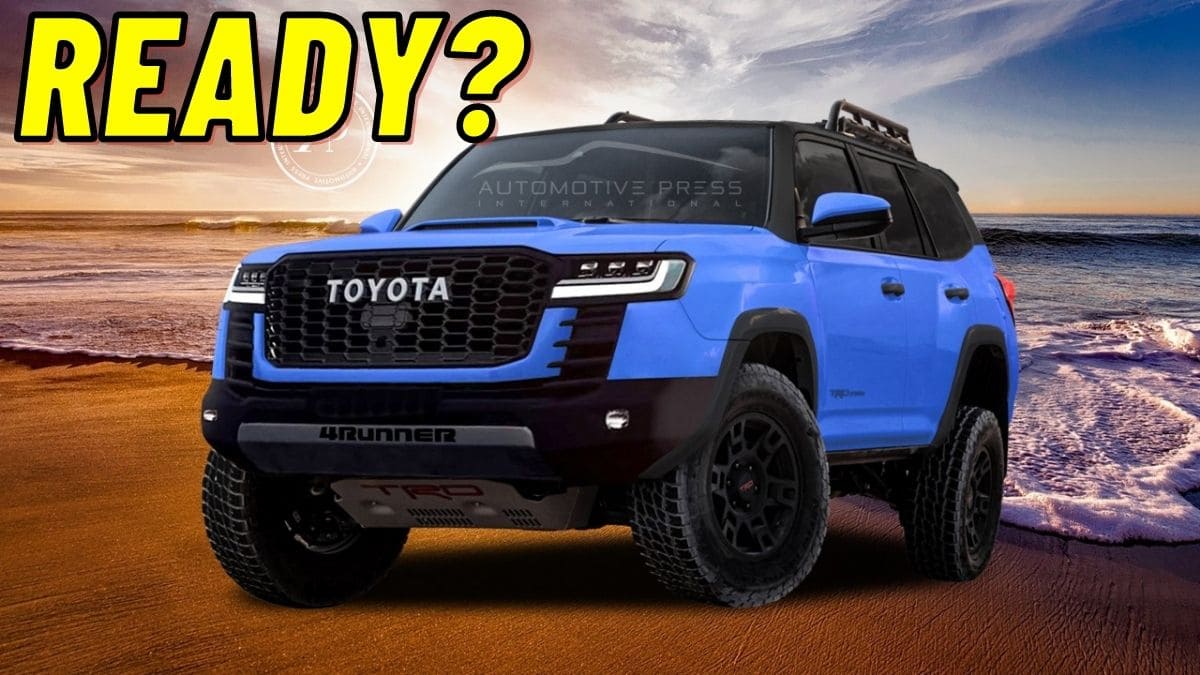Navigating the Future: Exploring Potential Fuel Options for the 2025 Toyota 4Runner
Related Articles: Navigating the Future: Exploring Potential Fuel Options for the 2025 Toyota 4Runner
Introduction
In this auspicious occasion, we are delighted to delve into the intriguing topic related to Navigating the Future: Exploring Potential Fuel Options for the 2025 Toyota 4Runner. Let’s weave interesting information and offer fresh perspectives to the readers.
Table of Content
Navigating the Future: Exploring Potential Fuel Options for the 2025 Toyota 4Runner

The Toyota 4Runner, a stalwart in the off-road and adventure vehicle segment, has consistently appealed to drivers seeking rugged capability and enduring reliability. As the automotive landscape evolves, driven by environmental concerns and technological advancements, the 2025 4Runner’s fuel type becomes a crucial point of discussion. While Toyota has not officially announced concrete details about the 2025 4Runner’s powertrain, we can analyze existing trends and industry developments to explore potential fuel options and their implications.
The Current Landscape:
The current generation 4Runner, launched in 2010 and updated in 2020, relies on a tried-and-true 4.0-liter V6 engine paired with a five-speed automatic transmission. This configuration, while proven and powerful, falls short on fuel efficiency compared to newer engines and faces growing scrutiny regarding emissions.
Fuel Options for the 2025 4Runner:
Several fuel options could potentially power the 2025 4Runner, each presenting unique advantages and challenges:
1. Hybrid Powertrains:
- Benefits: Hybrid systems, integrating a gasoline engine with an electric motor, offer improved fuel economy without compromising power. They also reduce emissions and can provide a quiet and efficient driving experience.
- Challenges: Hybrid systems often come with a higher initial price tag, and their complex technology can increase maintenance costs. Additionally, the integration of batteries and electric components may add weight, potentially impacting off-road performance.
2. Plug-in Hybrid Electric Vehicles (PHEVs):
- Benefits: PHEVs offer the best of both worlds: a gasoline engine for long-distance travel and an electric motor for short trips and city driving. They can be plugged in to recharge the battery, reducing reliance on gasoline and lowering emissions.
- Challenges: PHEVs require a charging infrastructure, which might not be readily available in remote areas frequented by 4Runner owners. Their battery range can be limited, and the added weight from batteries could affect off-road capabilities.
3. Fully Electric Powertrains:
- Benefits: Electric vehicles (EVs) offer zero tailpipe emissions, contributing to cleaner air and a reduced environmental footprint. They are also known for their quiet operation and smooth acceleration.
- Challenges: EVs face significant limitations in range, requiring frequent charging. The charging infrastructure for EVs, particularly in remote areas, is still under development. The weight and size of battery packs could significantly affect the 4Runner’s off-road performance and towing capacity.
4. Hydrogen Fuel Cell Technology:
- Benefits: Hydrogen fuel cells produce electricity from hydrogen, emitting only water vapor. They offer a potential solution for long-range travel without compromising performance.
- Challenges: Hydrogen infrastructure is still in its infancy, with limited refueling stations available. The production and storage of hydrogen require significant energy and resources, raising concerns about sustainability.
Factors Influencing the Fuel Choice:
Several factors will likely influence Toyota’s decision regarding the 2025 4Runner’s fuel type:
- Government Regulations: Stricter emissions regulations and fuel economy standards are pushing manufacturers to adopt cleaner technologies.
- Consumer Demand: Growing consumer interest in fuel-efficient and environmentally friendly vehicles will play a significant role in shaping the future of the 4Runner.
- Technology Advancement: Advancements in battery technology, charging infrastructure, and hydrogen fuel cell development will influence the feasibility of different fuel options.
- Off-Road Performance: Toyota will need to ensure that any new fuel type does not compromise the 4Runner’s legendary off-road capabilities.
FAQs Regarding the 2025 4Runner Fuel Type:
Q: Will the 2025 4Runner be a hybrid?
A: While Toyota has not confirmed any specifics, the company has been actively developing and introducing hybrid powertrains across its lineup. It is plausible that a hybrid option could be available for the 2025 4Runner, offering improved fuel economy and reduced emissions.
Q: Will the 2025 4Runner be fully electric?
A: The 4Runner’s rugged nature and off-road capabilities present significant challenges for a fully electric powertrain. The weight and range limitations of current battery technology could hinder its performance in demanding conditions. However, if battery technology advances significantly, an electric 4Runner could become a possibility.
Q: Will the 2025 4Runner be a plug-in hybrid?
A: A plug-in hybrid option could offer a compelling blend of efficiency and capability. The 4Runner’s gasoline engine could handle long-distance journeys, while the electric motor would provide additional power and fuel savings for shorter trips.
Q: Will the 2025 4Runner use hydrogen fuel cells?
A: Hydrogen fuel cell technology is still in its early stages of development and faces challenges in terms of infrastructure and cost. While it remains a possibility, it is less likely to be a primary option for the 2025 4Runner.
Tips for 4Runner Owners:
- Stay Updated: Follow automotive news and industry publications to stay informed about potential updates and developments regarding the 2025 4Runner.
- Consider Your Needs: Assess your driving habits and preferences to determine which fuel type would best suit your needs.
- Explore Alternatives: Research other off-road vehicles that offer alternative fuel options and compare their features and capabilities.
Conclusion:
The 2025 Toyota 4Runner’s fuel type remains shrouded in speculation, but the automotive landscape is rapidly evolving. Toyota, known for its commitment to innovation and environmental responsibility, will undoubtedly explore various fuel options to meet the demands of a changing market. While the exact fuel type remains uncertain, it is clear that the 2025 4Runner will need to embrace advancements in technology and sustainability to remain a leader in the off-road segment. The future of the 4Runner, like the future of the automotive industry itself, will be shaped by a delicate balance between performance, efficiency, and environmental consciousness.








Closure
Thus, we hope this article has provided valuable insights into Navigating the Future: Exploring Potential Fuel Options for the 2025 Toyota 4Runner. We appreciate your attention to our article. See you in our next article!
